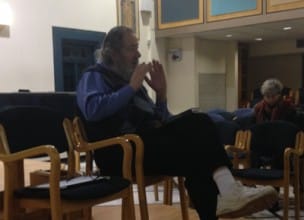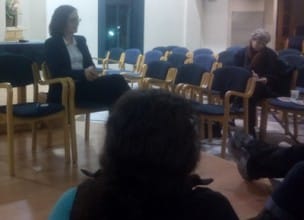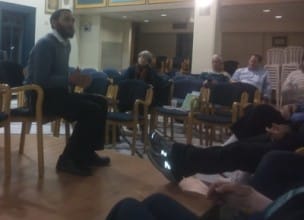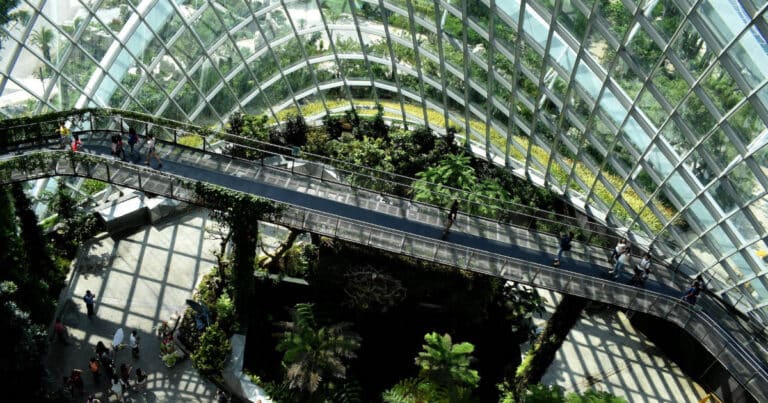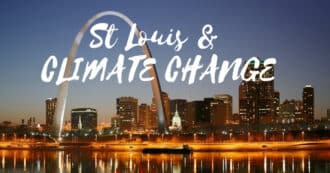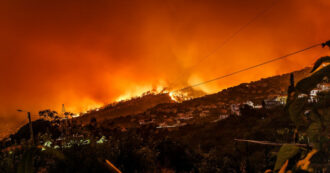By Andrew Deutsch
In late December 2015, a leading theologian, a Member of the Israeli parliament, the CEO of a leading solar energy company, and others revealed insights into “A Jewish Response to Climate Change.” The event was organized by and held at Jerusalem’s Kol HaNeshama synagogue, and its Rabbi, R’ Levi Weiman-Kelman opened the event.
David Miron-Wapner, the Board Chair of The Interfaith Center for Sustainable Development, and Yosef Abramowitz, CEO of the solar company Gigawatt Global, shared their experiences as Israeli delegates at the UN Climate Conference in Paris (COP21). David spoke about how the urgency of the mission was palpable, and all countries managed to come to an agreement, but the results fell far short of what was actually necessary. At COP21 Al-Gore emphasized that climate change was as much of a challenge for humanity as was the battle for women’s rights, and the ending of slavery. Yosef mentioned the Israeli government’s unambitious internal sustainability goals, in such a sun-blessed country, aiming at 17% renewables by the year 2030, compared to 2% today. By comparison, countries like Sweden, Portugal, Ireland, and Germany, with less sun, are already achieving far higher percentages of renewable energy.
Keynote speaker Rabbi Arthur (Art) Green, Professor of Jewish Mysticism & Hasidut, visiting Israel from the Hebrew College of Boston, was next to speak. Art was very encouraged by two events in 2015 – the agreement reached at COP21, and the publishing of Pope Francis’ Encyclical Laudato Si. The Pope presented climate change as a reality we must confront, and connected it to poverty, and social justice. Rabbi Green spoke about how humankind will have to make many drastic changes in the way we live. Religion can help us solve the enormous climate challenges facing us today. He mentioned an understanding of Adam and Eve who in Chapter Two of Genesis did not seek to control nature or be above it, but were a are part of it. He spoke about the recently published book, “Kabbalah and Ecology”, by Rabbi David Seidenberg, which puts forth a bio-centric theology based on a range of Jewish sources.
Rachel Azariya, a member of the Israeli parliament, and of the official Government delegation to COP21 in Paris, spoke of her experiences at the conference, the sense of urgency and the need for repairing the World. MP Azariya stated that we need to bring back hope, and the possibility of repair, in Israel, including by taking responsibility for how we live based on an awareness of how it will impact the next seven generations.
Rabbi Yonatan Neril, Executive Director of The Interfaith Center for Sustainable Development spoke about the role of religious institutions and teachings as a key avenue for change to reorient the world view of billions of people from one excessively focused on consumption of material goods, to a sustainable worldview that has sustained humanity for thousands of years based on community and family and spiritual pleasures.
* Featured image source
